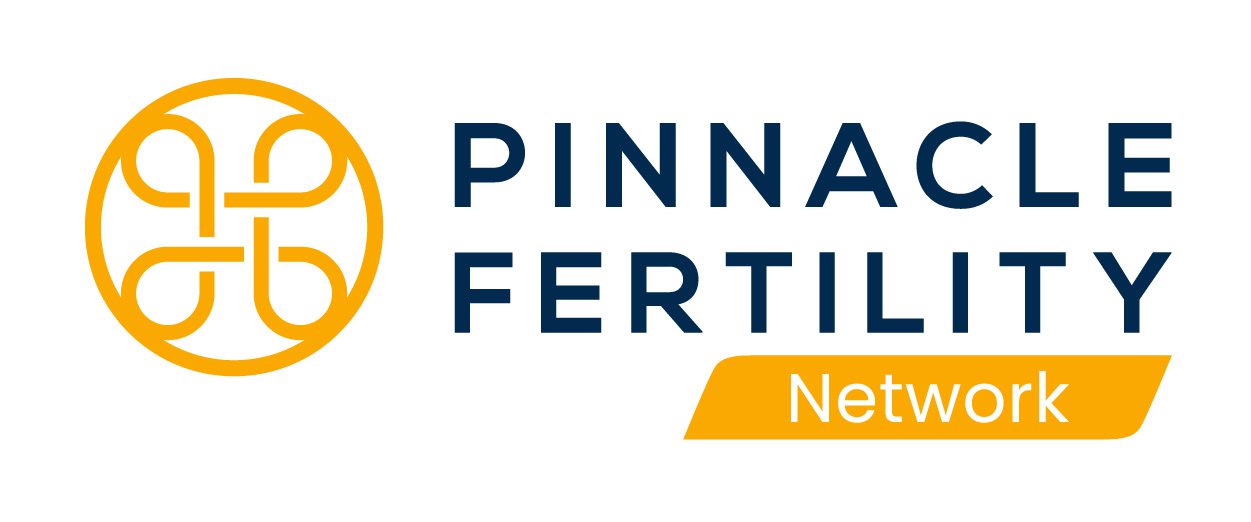When pregnancy doesn’t happen naturally after a year of trying—especially for women under 35—it may be time to consider fertility support. Two of the most common first-line options are timed intercourse and intrauterine insemination (IUI). At Pinnacle Fertility, our nationwide network of clinics helps patients understand their best path forward through compassionate, expert-guided care.
What Is Timed Intercourse?
Timed intercourse involves scheduling sex during a woman’s most fertile days—the 6-day window leading up to and including ovulation. This approach boosts conception odds by aligning intercourse with the lifespan of sperm (up to 5 days) and the ovum (up to 24 hours).
- Pregnancy odds increase from ~13% to 14–23% when intercourse is timed correctly
- Success rates are highest 1–2 days before ovulation and on ovulation day
This method is most effective when:
- Fallopian tubes are open and healthy
- The uterus has no structural issues
- The male partner has no known fertility issues
What Is IUI?
IUI (Intrauterine Insemination) is a fertility treatment where concentrated, motile sperm are placed directly into the uterus during ovulation. The goal is to increase the chances of fertilization by minimizing the distance sperm must travel.
IUI is often paired with fertility medications like Clomid or gonadotropins to stimulate egg growth, and an hCG trigger shot to time ovulation. Progesterone may also be used to prepare the uterine lining.
IUI Is Often Recommended For:
- Unexplained infertility
- Low sperm count or motility issues
- Donor sperm cycles
- Patients with healthy fallopian tubes and uterus
Explore more:IUI Treatment at Pinnacle Fertility
Diagnostic Testing Can Guide Your Path
Choosing between timed intercourse and IUI begins with understanding your fertility profile. Pinnacle Fertility clinics offer comprehensive diagnostics to help you make informed decisions, including:
- Ovarian Reserve Tests – AMH Ovarian Reserve
- Hysterosalpinogram (HSG)
- Hysterosonogram (HSN)
- Infertility Ultrasound
- Progesterone Testing
- Cervical Mucus Testing
- Embryoscopy – Miscarriage Hysteroscopy
What to Expect During an IUI Cycle
- Fertility medications stimulate egg production
- Ultrasounds and blood tests track follicle growth
- hCG trigger shot induces ovulation
- Sperm (partner or donor) is washed and concentrated
- Sperm is inserted into the uterus using a thin catheter
- Inseminations often occur 12–36 hours after ovulation trigger
IUI is a non-surgical, in-office procedure that offers an affordable alternative to IVF for many patients early in their fertility journey.
Compassionate Care Across the Pinnacle Fertility Network
Pinnacle Fertility offers a nationwide network of fertility experts who deliver science-backed care in warm, welcoming environments. From state-of-the-art labs and digital record systems to calming clinic designs, we’re built to support both outcomes and emotional well-being.
Looking for trusted fertility care in your area?
Find a Clinic
Schedule a Consultation





